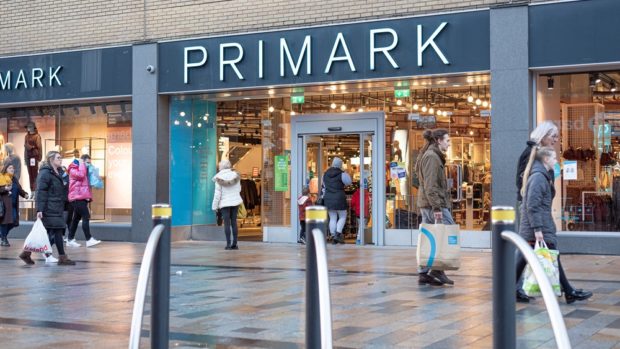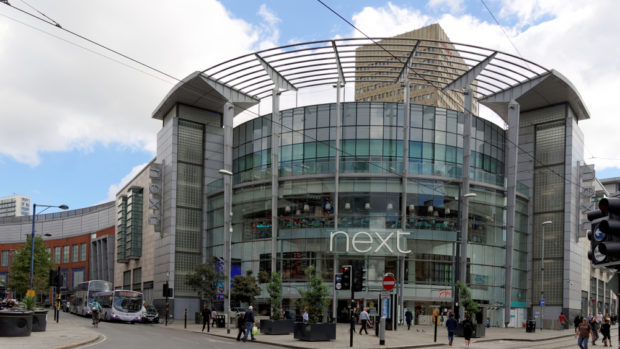Stringent productivity targets imposed by Amazon on its
fulfilment centre operatives exposed in the BBC Panorama documentary Amazon:
The Truth Behind The Click at the end of November were very quickly jumped upon
by the national press. At this time of year, more than ever, businesses like
Amazon experience a massive surge in time sensitive sales which necessitates
the recruitment of temporary workers – in Amazon’s case thousands of them.
And yes they are
expected to work and meet targets. They know this before they take the job.
They also know that it will be physically demanding and that the customers they
are picking and packing orders for expect their deliveries within a tight
timescale. I cannot imagine for one moment that a business on the scale of
Amazon would flout employment or health and safety legislation, nor can I
imagine that it has not very carefully developed achievable targets for its
operatives. I am quite sure too that those managing the fulfilment operations
are continuously researching more efficient processes.
Possibly even now working on a far more automated picking
process that will reduce the number of employees it needs to employ. To apply
terms like “slave labour” to a short term temporary job which is reasonably
well paid seems rather out of line. There are many jobs that are demanding. There
are also those who want to work and those who perhaps would prefer not to have
to.
Commercially, when any distance selling business has speed
of despatch at the core of its proposition – it needs to pick, pack and
despatch swiftly. Commercially, when any distance selling business offers FREE
delivery as opposed to charging for P&P – it needs to pick, pack and despatch
swiftly and at the lowest cost it can. Efficiency and high productivity lead to
lower costs. Amazon is, of course, a large corporation. It is also American
owned. It has also been reported as paying a mere scrap of corporation tax here
in the UK because it ensures that the majority of its sales are handled via its
European subsidiary in Luxembourg (where taxes are lower). That doesn’t stop UK
consumers buying from Amazon.








Share